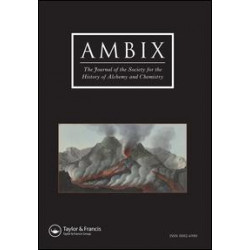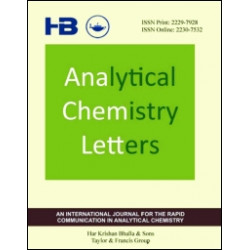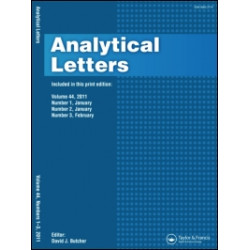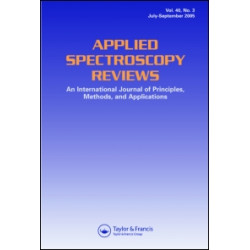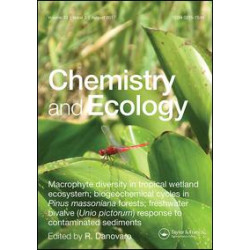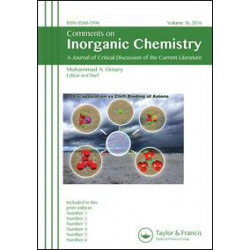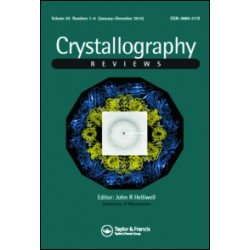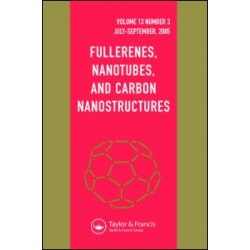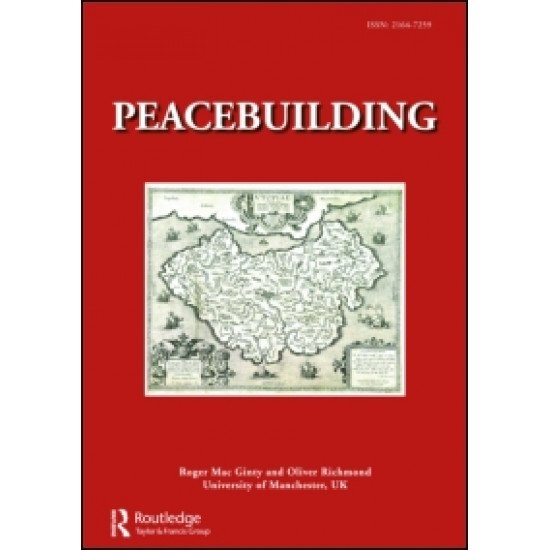
Peacebuilding is a peer-reviewed international, comparative, multidisciplinary journal open to articles on making peace in contemporary and historical cases of conflict-affected societies. It aims to provide in-depth analyses of the ideologies, philosophies, interests, and policies that underpin programmes and initiatives designed to build peace, security, and order, and to connect with debates being held by policymakers, civil society, scholars and students. Our interest spans, but is not confined to, critical interrogations of international and local, formal and informal, peace processes, peacebuilding, mediation, peacekeeping and peace-enforcement, development, and statebuilding. We seek to support the examination of these concepts and policies against the backdrop of interdisciplinary theorising connected to realist, liberal, constructivist, critical, post-structural, post-colonial, and non-western theories, as well as encouraging an engagement with emerging theories of global justice, digital international relations, and new materialism, among others.
Peacebuilding is open to quantitative and qualitative methodologies, and particularly welcomes submissions that are prepared to challenge orthodox views and add new empirical insights into scholarly debates. For example, we are interested in submissions from a post-colonial perspective of peace and order, or utilising ethnographic methodologies able to highlight subaltern voices, positionalities, and local claims in the context of hybridity and related power-relations. Contributions from the 'subjects' of peace processes, peacebuilding, etc., as well as theoretical and methodological innovations (for example creative, critical and ethnographic work, whether on or in conflict-affected societies, or on donors and international actors) are particularly welcome.







